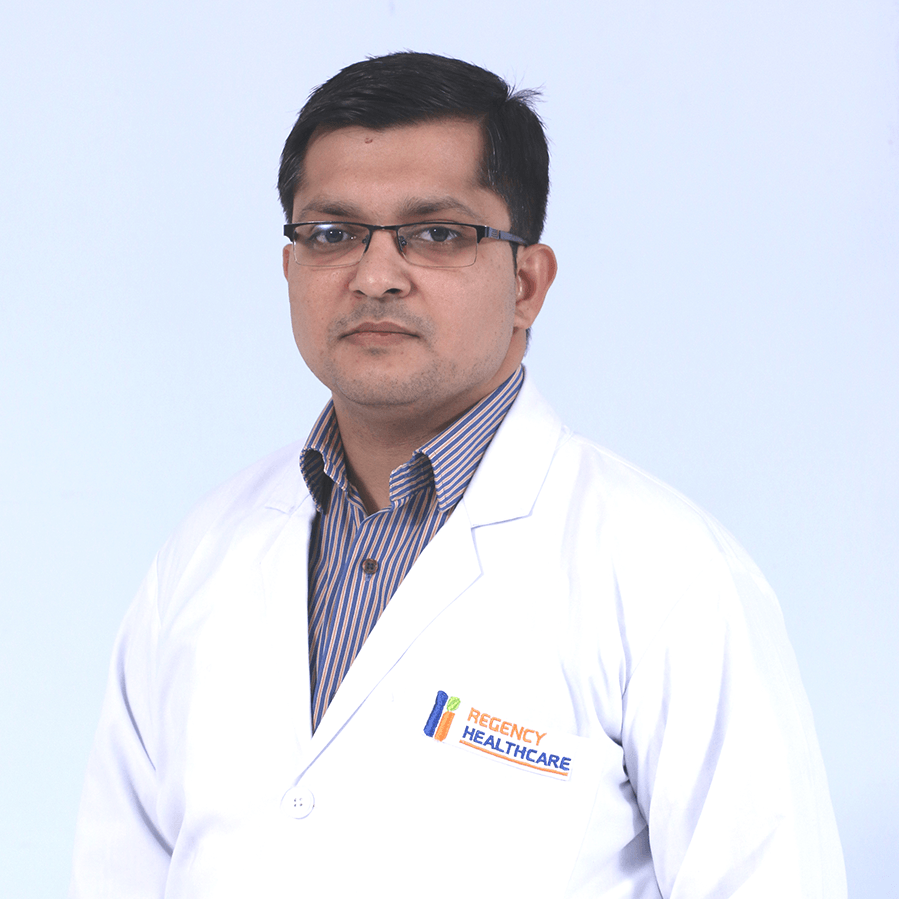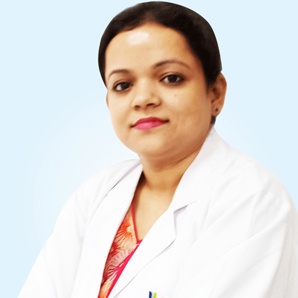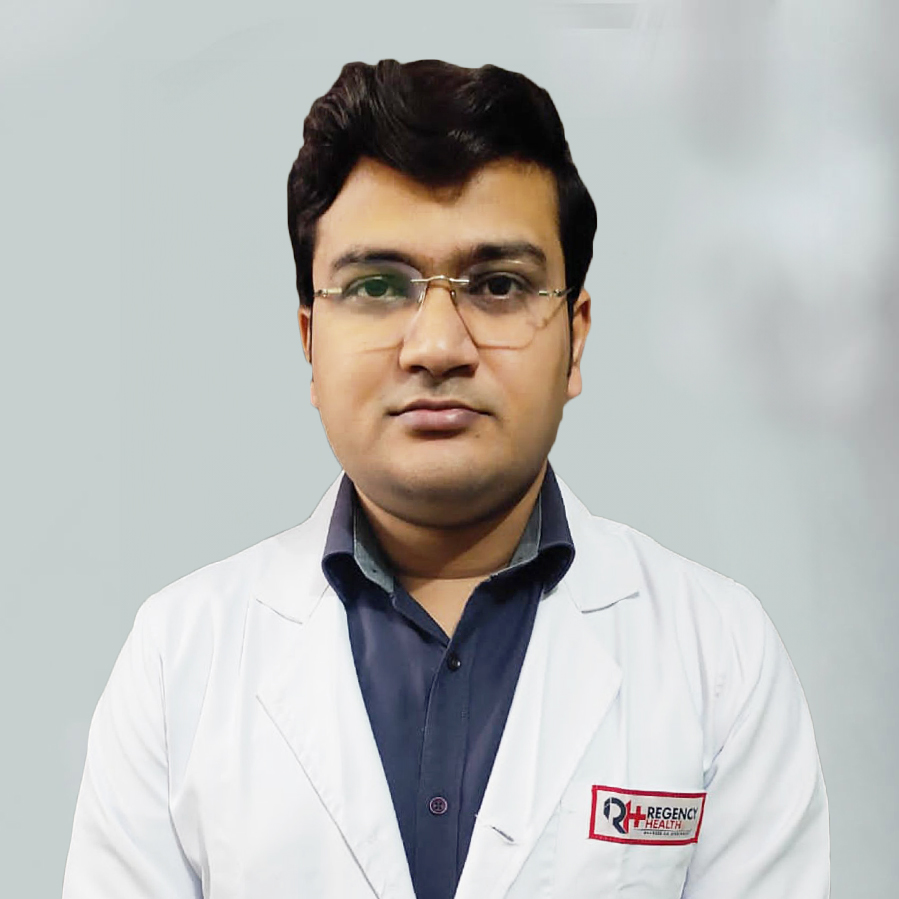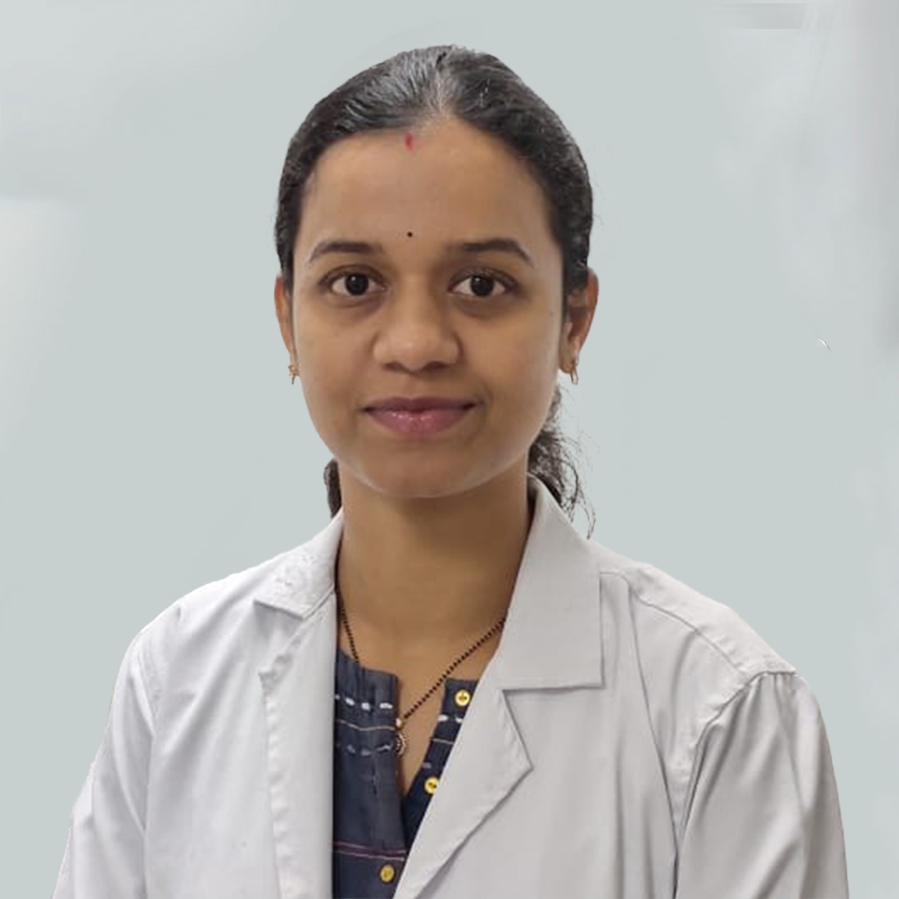Cancer Care
Our Top Ranked Team Of Experts
Dr. Atul Kumar Gupta
Dr. Priyanka Verma

Dr. Ashish Raj Kulshrestha
Previously, he has worked as a Consultant Radiation Oncology at Shri D.B. Tejani Cancer Institute, Surat, and as Senior Resident at King’s George University, Lucknow.
Dr. Vikas Talreja
Dr. Jitin Yadav
Dr. Narayan Pratap Singh
Dr. K. Sai Krishnaja Reddy
Numbers of Excellence
Committed Staff
Lives Touched
Years of Experience
Beds
Super Specialists
Patient Testimonials
Frequently Asked Questions

- What are the symptoms of cancer?
- Is there any way to reduce the risk of developing cancer?
- What are the treatment options available at Regency
- Can cancer be cured?
- Is cancer a genetic disease?
Cancer symptoms vary depending on the type of cancer. But some common ones are:
- Unexplained or unintended weight loss
- Lumps, bumps, or enlarged lymph nodes
- Night sweats
- Blood in stool or rectal bleeding
- Persistent cough
- Shortness of breath
- Severe fatigue
- Skin changes
Consult the best oncologist in Kanpur if you see any of these symptoms. Early detection can make a difference in the treatment. If you or your loved one is experiencing these symptoms contact us for cancer care treatment. We also have counseling for cancer care.
Here are the tips from oncologists to lower the risk of cancer:
- Stop smoking
- Eat healthy
- Limit alcohol
- Exercise regularly (at least 3 times a week)
- Monitor your weight
- Use sunscreen when outdoors
- Get screened if you notice signs
At Regency Health, we have various treatment options. Choose the best cancer hospital in Kanpur where treatment is personalized based on individual needs and can be discussed during your consultation. Options are:
- Surgery
- Radiation Therapy
- Chemotherapy
- Immunotherapy
- Targeted Therapy
If diagnosed early, there is a high chance that cancer can be cured. However, no permanent cure is currently available once it reaches later stages.
Yes, some people have a higher risk of developing certain types of cancer due to inherited genetic mutations. These faulty genes can be inherited from parents. But having one faulty gene does not mean you will get cancer; it just increases the risk.
Book Your Visit

 Call-an-Ambulance
Call-an-Ambulance









